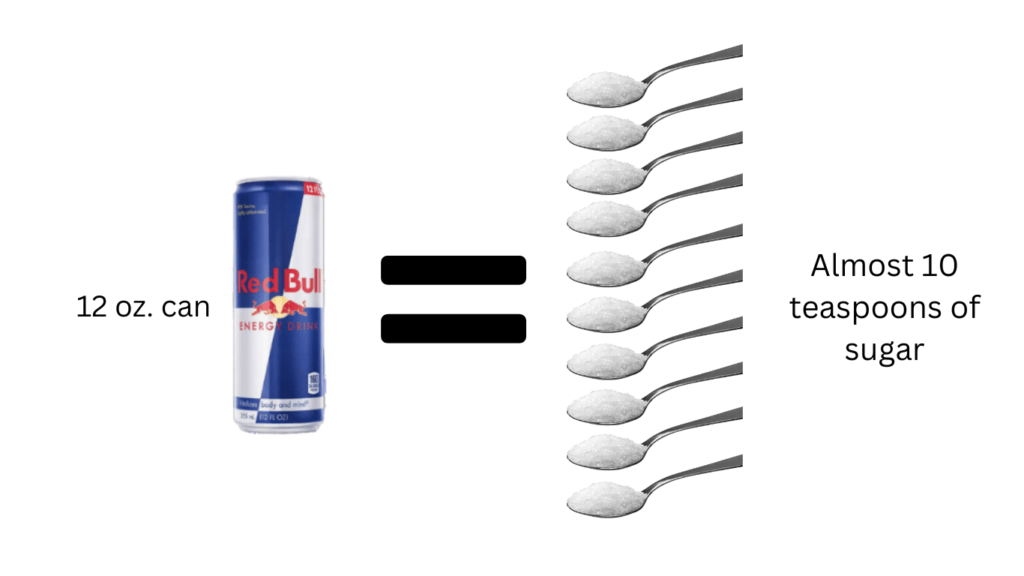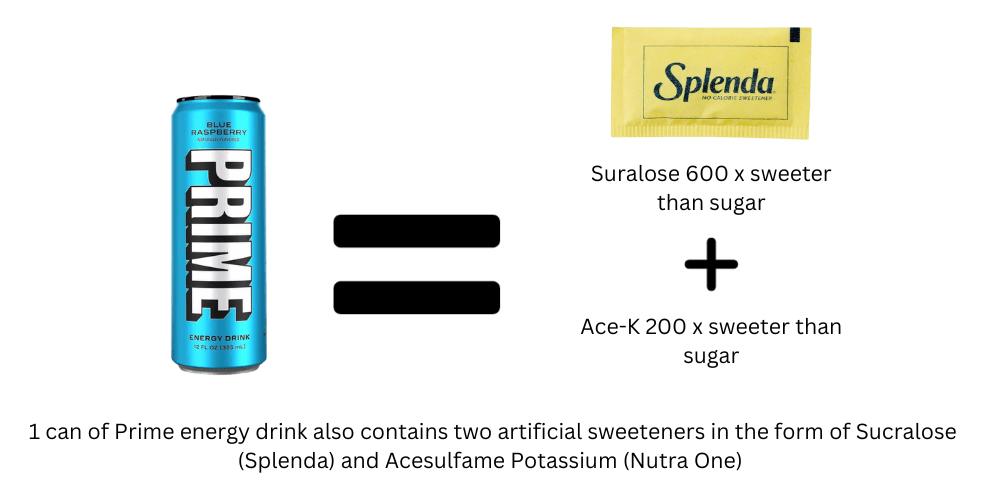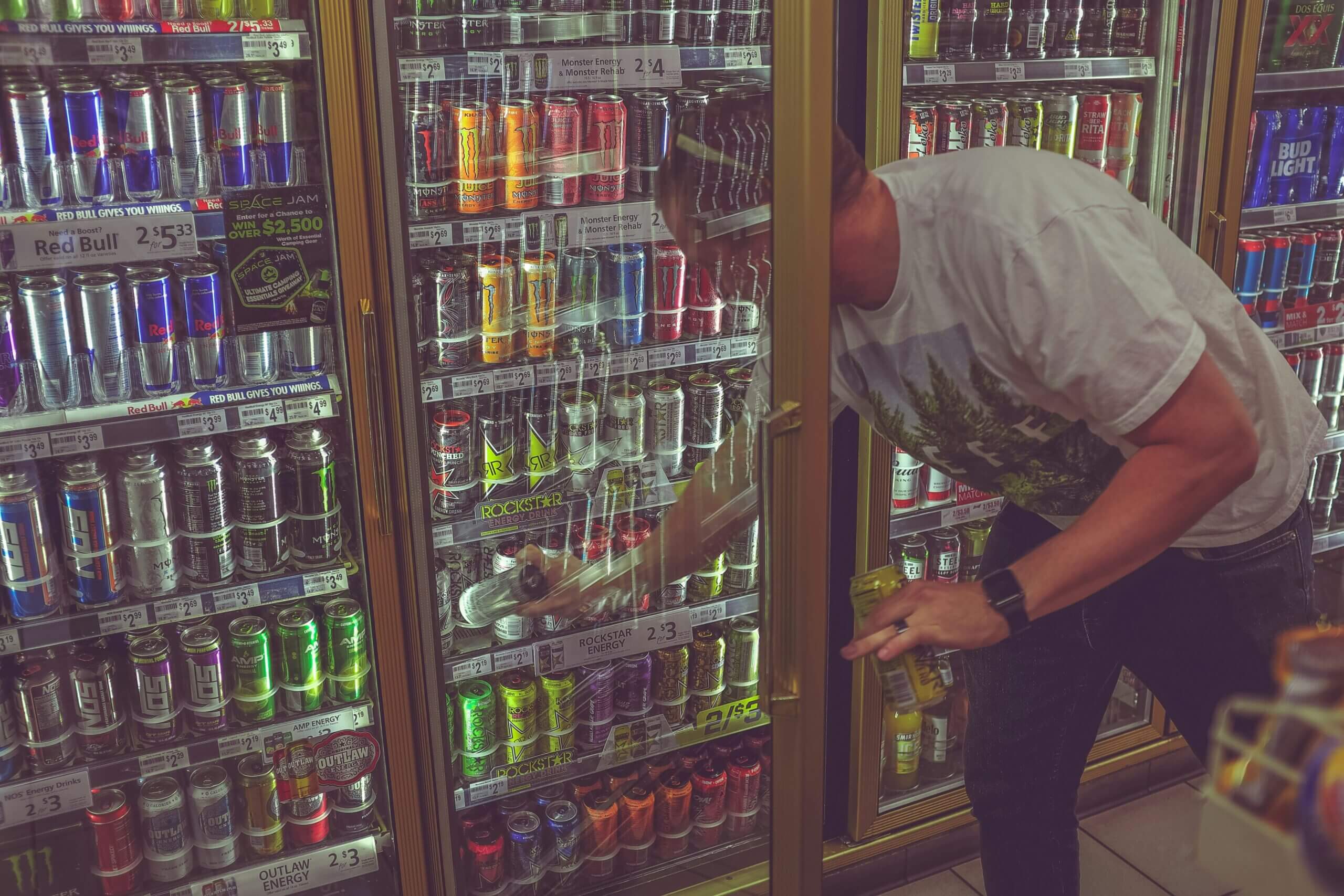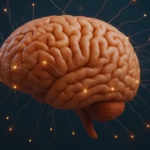Nowadays, if you go to the supermarket, you will see many energy drinks with their flashy packaging and enticing promises of endless energy.
Celebrity-branded energy drinks have also become a notable trend in the beverage industry, with several big names from music, sports, and entertainment launching their own lines of energy drinks.
I can’t help but feel concerned about the potential implications of its consumption, especially among teenagers.
We should all question the ethical side of this: Is it appropriate to market such an unhealthy product to impressionable young minds?
Misleading Marketing Of Energy Drinks
The marketing of energy drinks feels like a massive scam.
Companies use tactics that downplay the potential risks associated with their products.
And, of course, they exaggerate the benefits.
While these drinks are marketed as quick fixes for boosting energy and improving performance, excessive consumption can cause serious health concerns.
They don’t mention the high levels of caffeine and sugar—that fact is conveniently hidden.
We’re talking about headaches, nervousness, insomnia, and, in some cases, it can get even worse with heart palpitations and arrhythmias.
In reality, the “energy” they promise is a sugar rush that will drain us. It’s a very high price to pay for what is essentially a short-lived energy boost.
So, should they be marketed to teenagers? Everyone needs to decide for themselves.
High Sugar Content
When choosing energy drinks, it’s important to check the label for sugar content so we can be mindful of our overall sugar intake.
Energy drinks often contain high levels of sugar, which can vary significantly between brands and flavors.
The sugar content in energy drinks is often comparable to or even higher than that in regular soft drinks, which typically have around 39 grams of sugar in a 12-ounce can.
Many energy drinks contain 20 to 30 grams of sugar per 8-ounce serving, and some larger cans contain up to 60 grams or more in a single serving.

Many energy drinks use artificial sweeteners to provide sweetness without the calories associated with sugar.
Here is an example: although Prime Energy drink advertises itself as free of sugar, it still contains a considerable amount of artificial sweeteners.

How Much Caffeine Is Too Much?
The caffeine content in energy drinks can also vary significantly between brands and sizes. Of course, the bigger the size of the drink, the more caffeine it will have.
For reference, an 8-ounce cup of brewed coffee usually contains around 95 mg of caffeine, making many energy drinks comparable or higher in caffeine content.
Here is a general overview of the caffeine levels in some popular energy drinks:
| Brands | Caffeine Content |
| Red Bull (8.4 oz) | 80 mg |
| Monster Energy (16 oz) | 160 mg |
| Rockstar Energy (16 oz) | 160 mg |
| 5-hour Energy (2 oz) | 200 mg |
| NOS Energy Drink (16 oz): | 160 mg |
| AMP Energy (16 oz) | 142 mg |
| Bang Energy (16 oz) | 300 mg |
| Celsius Energy Drink (12 oz) | 200 mg |

Harmful Effects Of Energy Drink Consumption
Consuming too many energy drinks can have a range of effects on teenagers due to their high caffeine and sugar content, as well as other stimulants.
Here are some key impacts of consuming too many energy drinks:
- Increased Heart Rate and Blood Pressure
- High caffeine levels can lead to tachycardia (increased heart rate) and elevated blood pressure, which can be particularly concerning for developing cardiovascular systems.
- Anxiety and Jitters
- Many teenagers may experience heightened anxiety, restlessness, and jitteriness after consuming energy drinks, especially if they are sensitive to caffeine.
- Sleep Disruptions
- Energy drinks can interfere with sleep patterns, leading to insomnia or poor sleep quality, affecting mood, cognitive function, and overall health.
- Dependence and Withdrawal
- Regular consumption can lead to caffeine dependence. Withdrawal symptoms may include headaches, fatigue, irritability, and difficulty concentrating (“Caffeine Addiction and Abuse,” 2024).
- Academic Performance
- While some may use energy drinks to enhance focus or combat fatigue, the resultant anxiety and sleep deprivation can negatively impact academic performance.
- Digestive Issues
- The high acidity and sugar content can lead to gastrointestinal discomfort, including nausea or upset stomach.
- Potential for Overconsumption
- Energy drinks often come in large sizes, making it easy to consume excessive amounts of caffeine quickly, which can lead to health risks, including caffeine toxicity.

For more on the harmful effects of energy drinks, please check this out: https://www.ncbi.nlm.nih.gov/pmc/articles/PMC10535526/
Given these potential effects, teenagers should be mindful of their energy drink consumption and consider healthier alternatives for energy and hydration, such as water, herbal teas, or smoothies.
Encouraging awareness and education around these beverages can help promote better choices!




